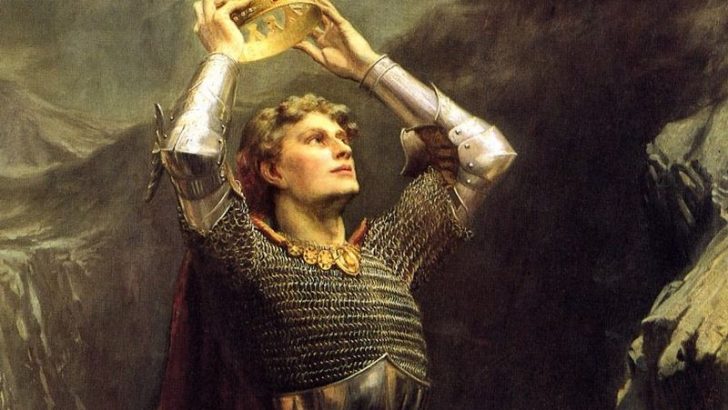History is filled with remarkable figures whose stories have shaped cultures and inspired countless generations. However, not all of them may have been real. Some historical characters, despite their enduring fame, might have been entirely fictional. This list explores 13 such figures, blending legend with history, and leaves us pondering where truth ends and fiction begins.
1. King Arthur
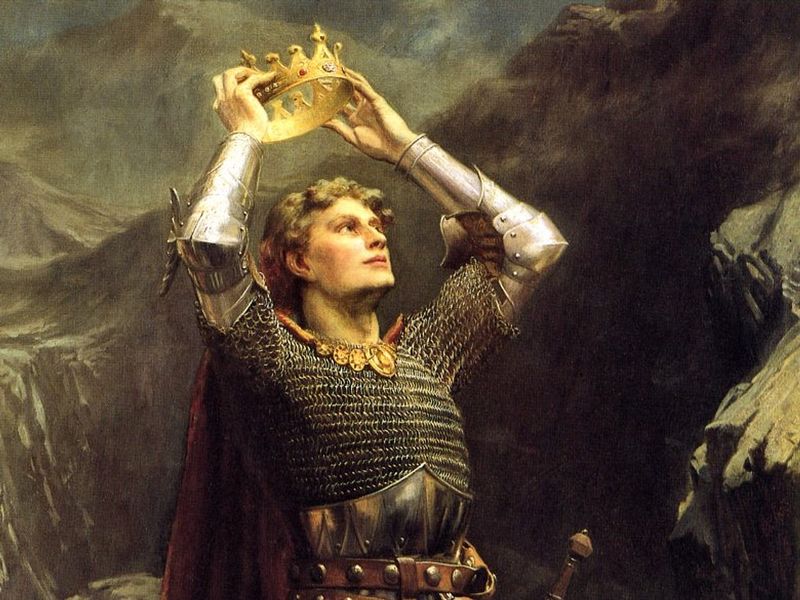
Known as the legendary British leader, King Arthur has captivated imaginations with tales of Camelot and the Knights of the Round Table. His existence remains a topic of debate among historians.
While some elements of his story are rooted in early British history, the line between fact and folklore is blurred. Was he a real king or a literary creation? The mystery persists.
Arthur’s narrative, enriched by chivalric romance, continues to thrive in literature and film, making him a timeless icon of heroism and nobility.
2. Robin Hood
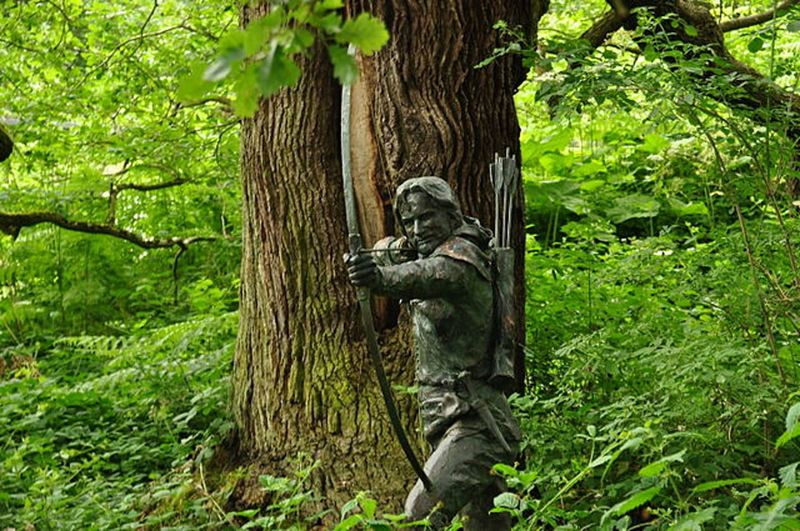
Robin Hood, the outlaw hero of English folklore, is renowned for “robbing from the rich and giving to the poor.” His story embodies the struggle for justice and has been retold countless times.
Although many historians have sought to uncover his true identity, evidence remains elusive. Was Robin Hood a historical figure or an amalgamation of various outlaws?
Sherwood Forest, the iconic setting of his adventures, remains a symbol of rebellion and justice, keeping Robin Hood’s legend alive through the ages.
3. Homer
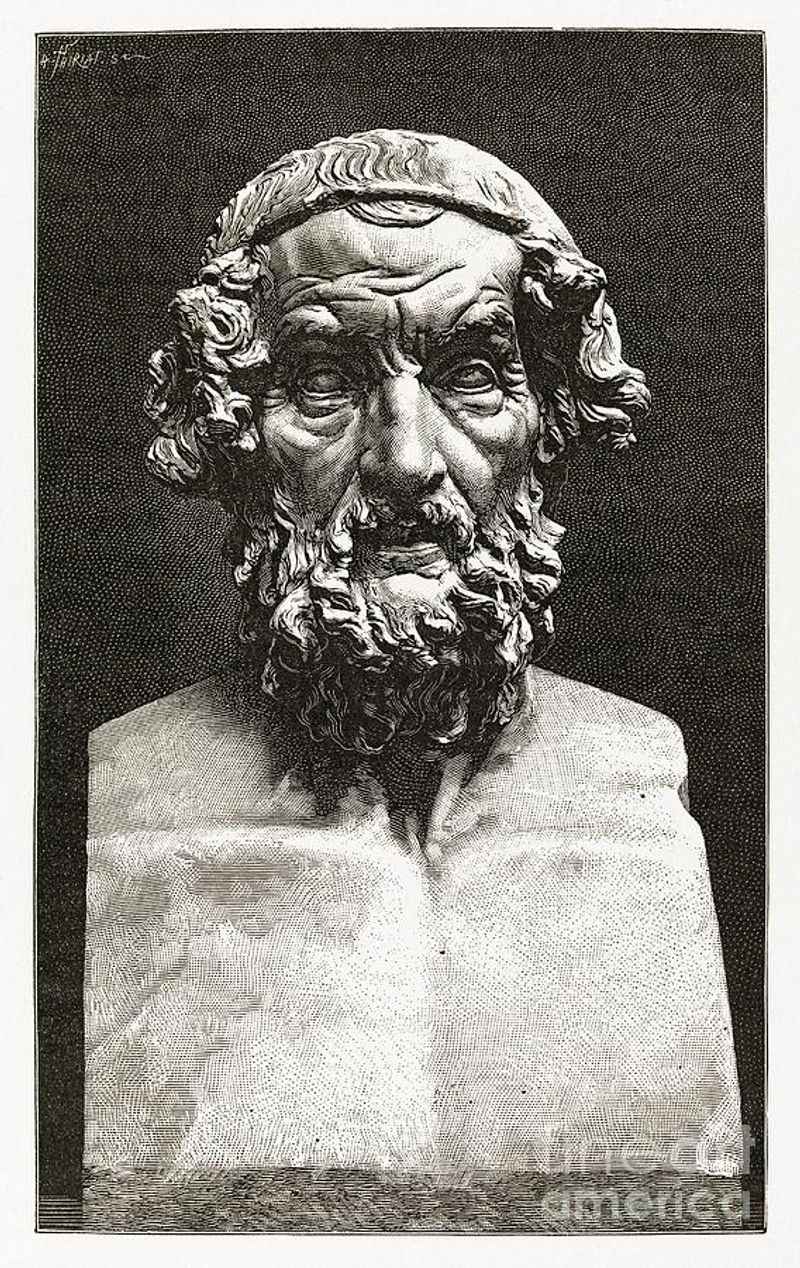
Attributed as the author of “The Iliad” and “The Odyssey,” Homer is considered one of the greatest poets in history. His epics shaped Greek culture, but his life remains shrouded in mystery.
Did Homer truly exist, or was he a fictional representation of various oral traditions? Scholars debate his origins and whether he was a single person or a collective identity.
Regardless, his works have left an indelible mark on literature, immortalizing tales of gods, heroes, and mythical creatures.
4. Pythagoras
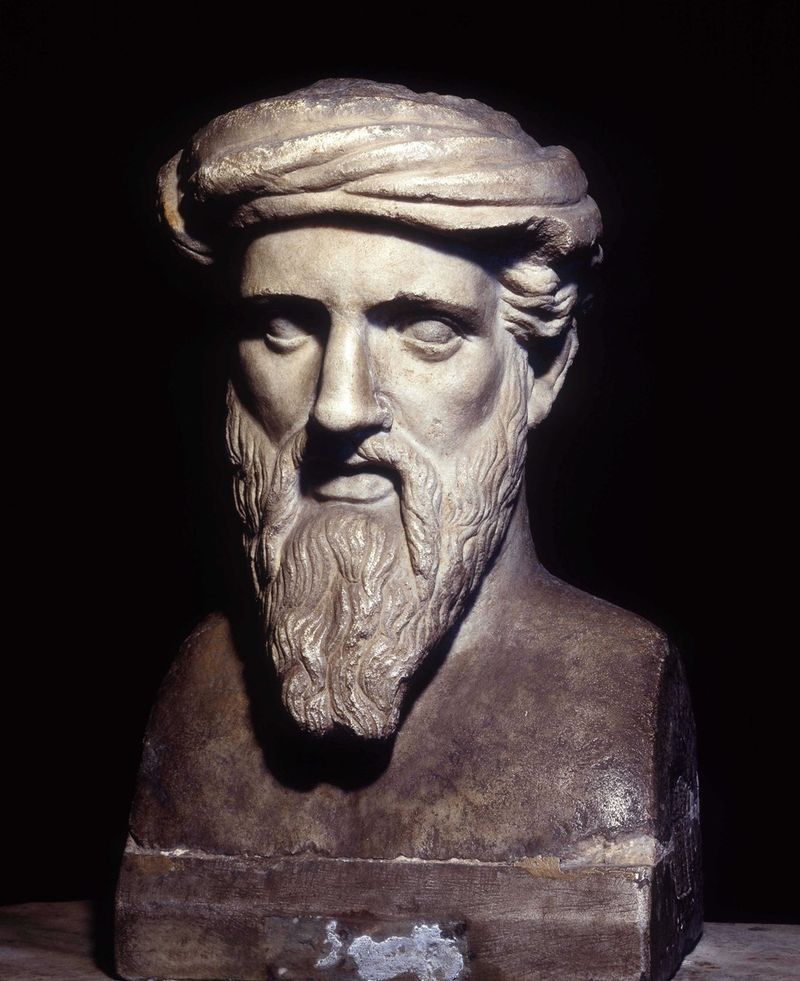
Pythagoras, known for the Pythagorean theorem, was a philosopher and mathematician from ancient Greece. His contributions to mathematics and belief in numerical harmony are legendary.
Historians, however, question the extent of his achievements and whether he founded a school or movement. Was Pythagoras a singular genius or a mythologized figure?
His legacy persists in mathematical teachings, bridging the gap between mythical lore and scientific discovery, as his name remains synonymous with mathematical truths.
5. Sun Tzu
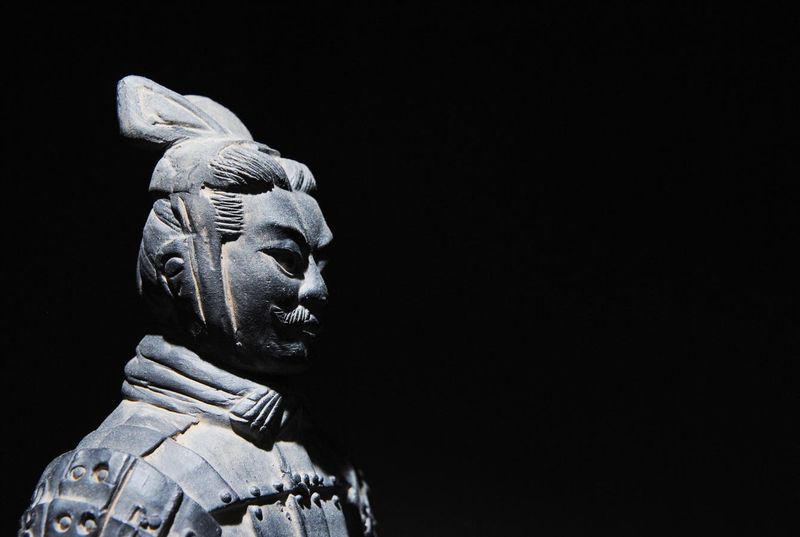
Sun Tzu, credited with writing “The Art of War,” has influenced military strategy for centuries. His wisdom on warfare and leadership continues to resonate.
Yet, doubts linger about his existence, with some suggesting that “Sun Tzu” might have been a pseudonym or compilation of various warlords’ teachings.
Regardless of his true identity, Sun Tzu’s principles remain influential in both military and business strategies, embodying timeless insights into human conflict and leadership.
6. Mulan
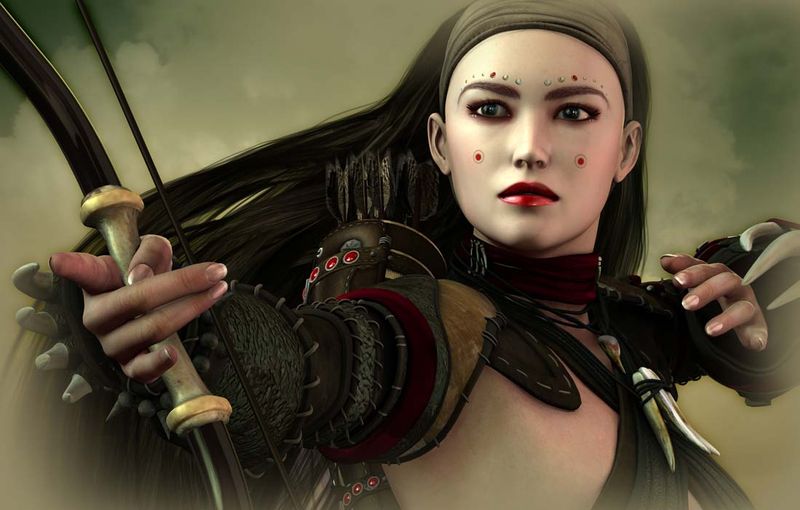
Mulan, celebrated in Chinese folklore as the brave woman who disguised herself as a man to join the army, symbolizes courage and devotion.
Her story, popularized through ballads and films, raises questions about its historical accuracy. Was Mulan a real person, or is she an inspirational legend?
Regardless of her origins, Mulan’s tale resonates globally, representing themes of honor, gender equality, and self-sacrifice, inspiring generations with her extraordinary bravery.
7. William Tell
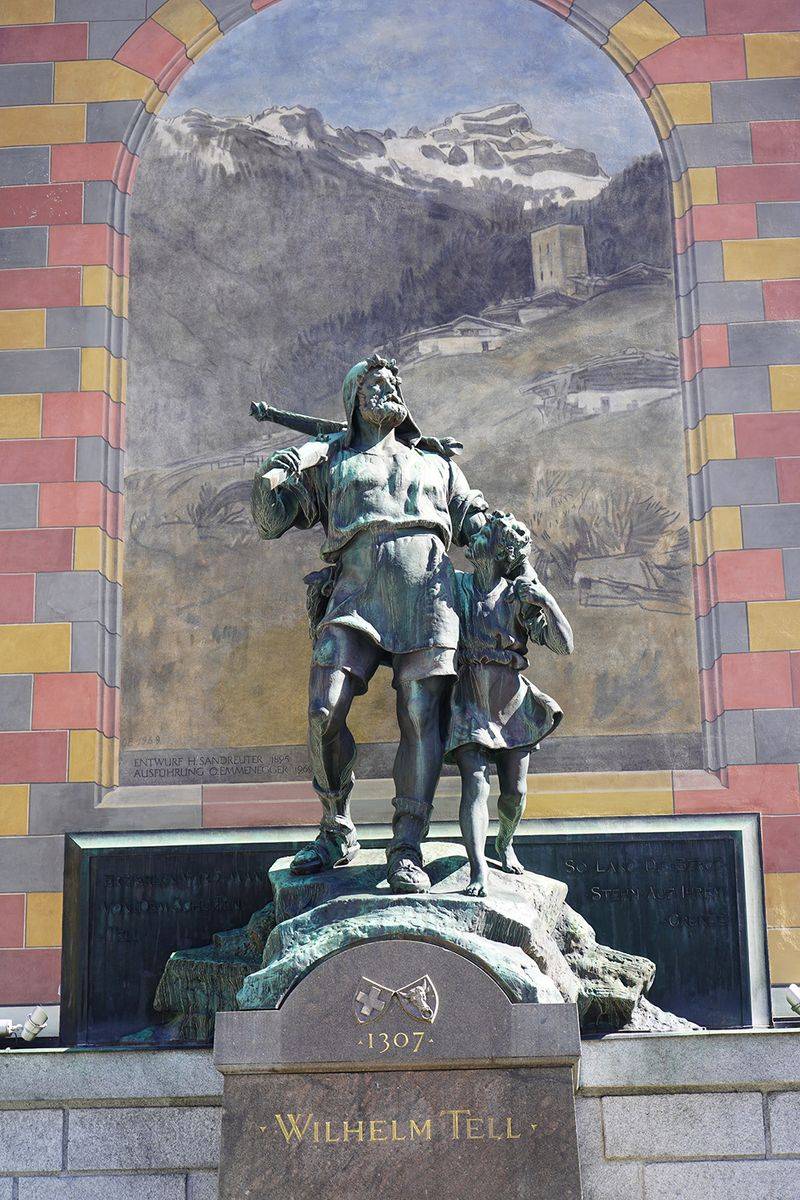
William Tell, the Swiss marksman famous for shooting an apple off his son’s head, embodies the spirit of rebellion against oppressive rulers.
Though celebrated as a symbol of Swiss independence, evidence of his existence is scant. Was he a real patriot or merely a folkloric creation?
His story continues to inspire, capturing the essence of individual courage and resistance, and remains a potent symbol of national pride in Switzerland.
8. Gilgamesh
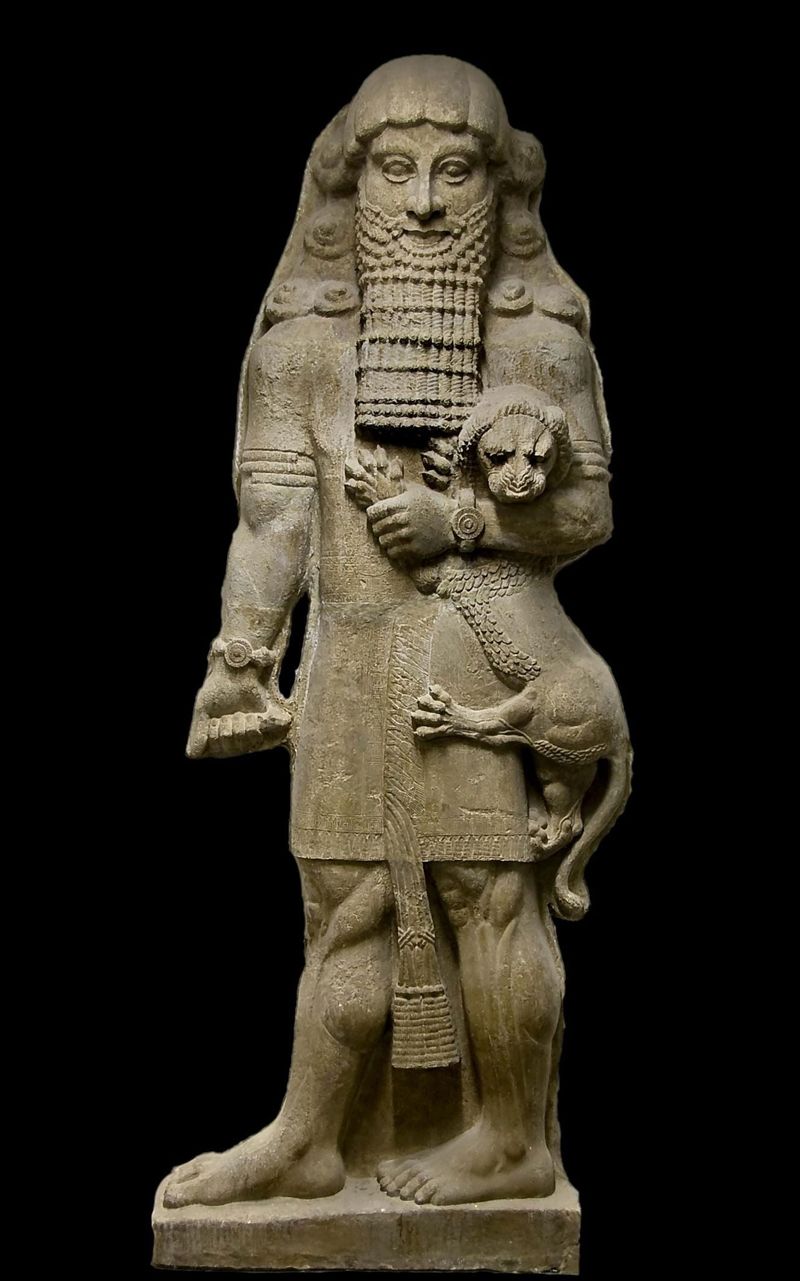
Gilgamesh, the hero of the “Epic of Gilgamesh,” is one of the earliest literary figures, embodying the quest for immortality and understanding.
Though he might have roots in real Mesopotamian history, the epic blurs the line between myth and reality, portraying him as a demigod.
Whether historical or mythical, Gilgamesh’s story is a testament to human desires and struggles, offering timeless themes that continue to resonate through literature and art.
9. Prester John
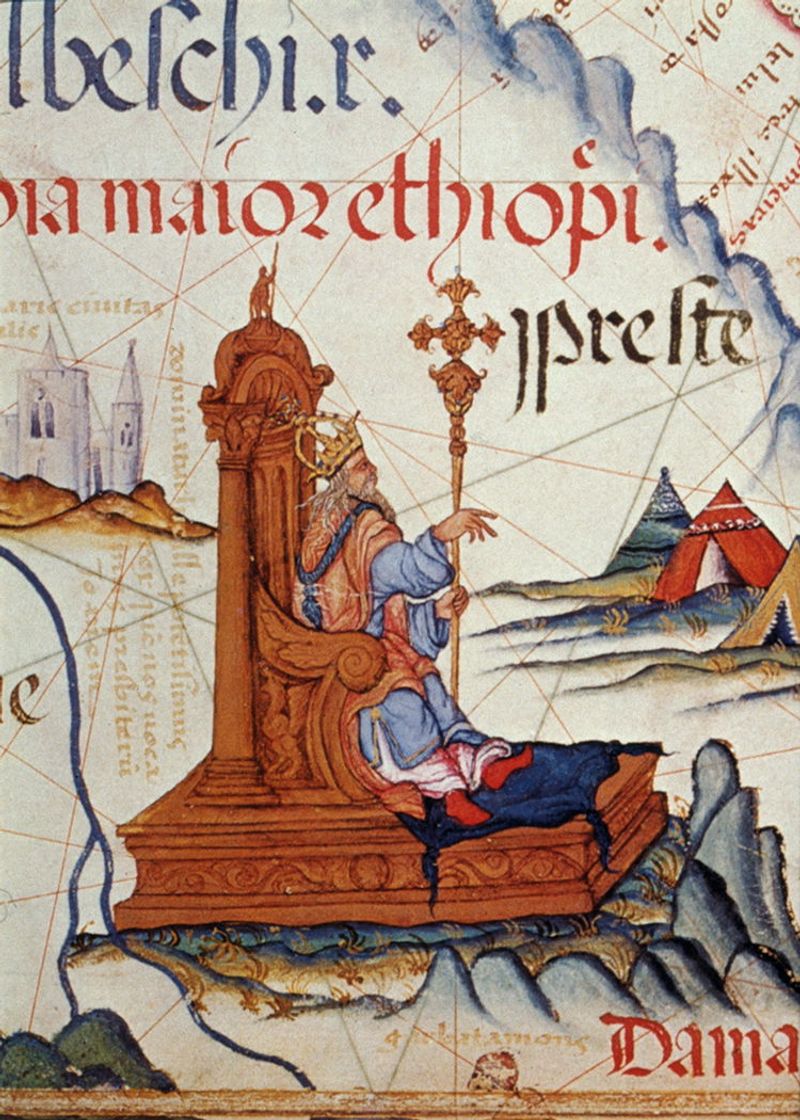
Prester John, a legendary Christian king, was thought to rule a vast and mythical kingdom in the East during the Middle Ages.
His story, a blend of exploration and fantasy, inspired European explorers seeking his kingdom. But was Prester John real or a compelling fiction?
The legend of Prester John fueled imaginations and expeditions, representing hope and curiosity in an era of discovery and religious fervor.
10. John Henry
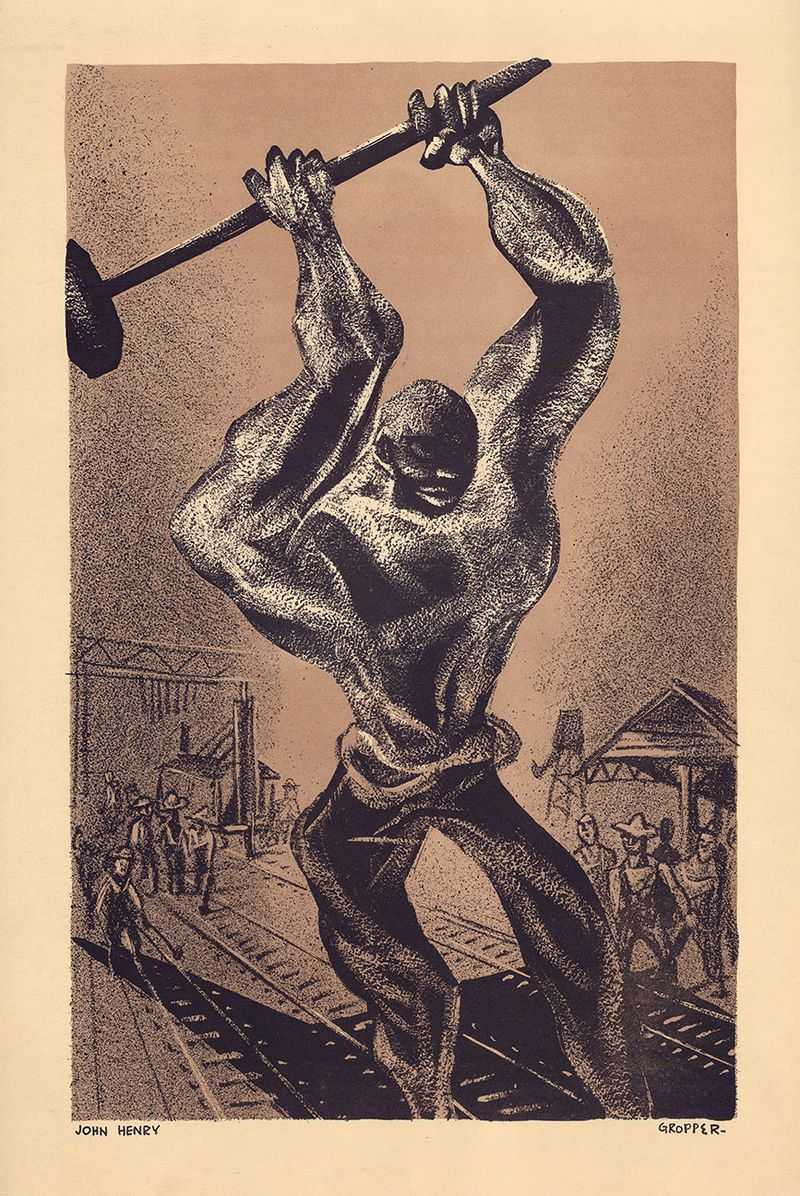
John Henry, celebrated in American folklore as the “steel-driving man,” symbolizes the unyielding human spirit and labor during the Industrial Revolution.
His legendary race against a steam drill embodies the struggle between man and machine. But did John Henry truly exist?
The legend, though perhaps fictional, reflects the cultural and historical realities of the working class, resonating with themes of strength and perseverance in the face of change.
11. Atlantis

Atlantis, the legendary island mentioned by Plato, represents a utopian civilization lost to the sea.
For centuries, it has fascinated explorers and dreamers alike. But is Atlantis a historical location or purely a philosophical allegory?
Though searches continue, the mystery of Atlantis invites speculation and wonder, embodying the allure of lost worlds and the eternal quest for hidden knowledge.
12. El Dorado

El Dorado, the legendary city of gold, captured the imaginations of explorers and adventurers during the Age of Exploration.
Stories of unimaginable riches fueled quests, but was El Dorado a real place or merely an enticing myth?
The pursuit of El Dorado reflects human ambition and the allure of uncharted territories, sparking exploration and adventure, even if its existence remains unproven.
13. The Wandering Jew
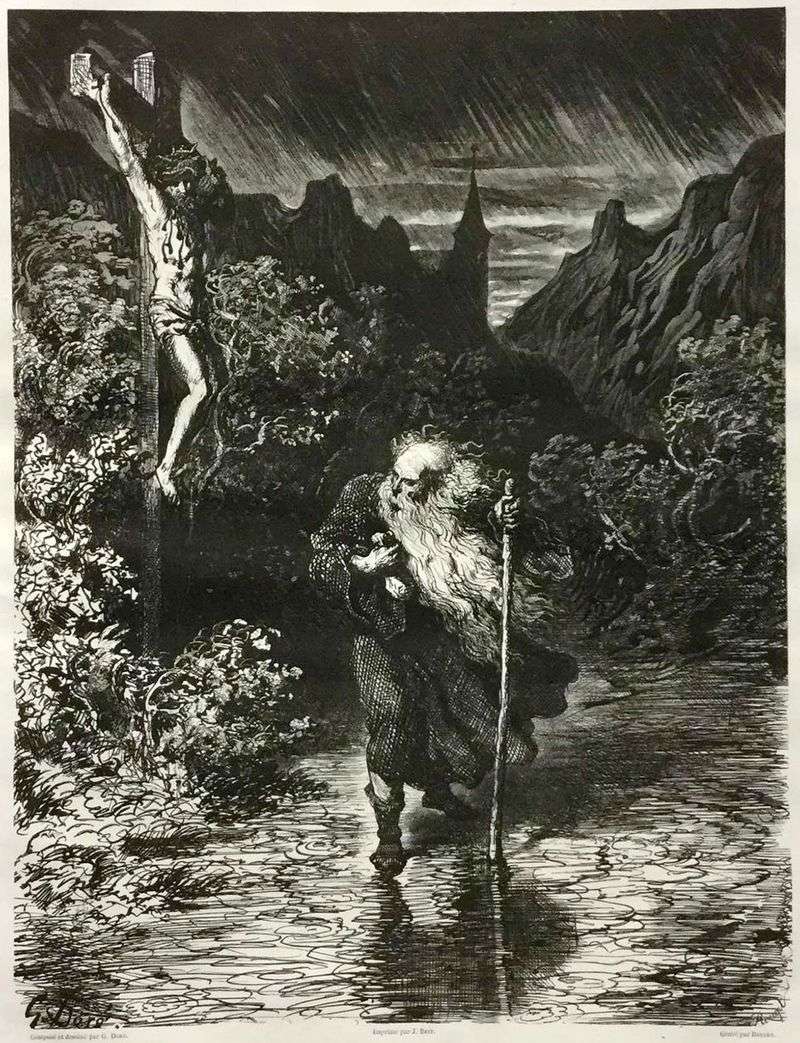
The Wandering Jew is a legendary figure cursed to roam the earth until Judgment Day, originating in medieval Christian folklore.
His tale, a blend of mythology and morality, reflects themes of penance and eternal wandering. But did such a figure ever exist, or is he purely symbolic?
Regardless of his authenticity, the legend of the Wandering Jew continues to intrigue, offering insights into human fears and cultural narratives throughout history.

